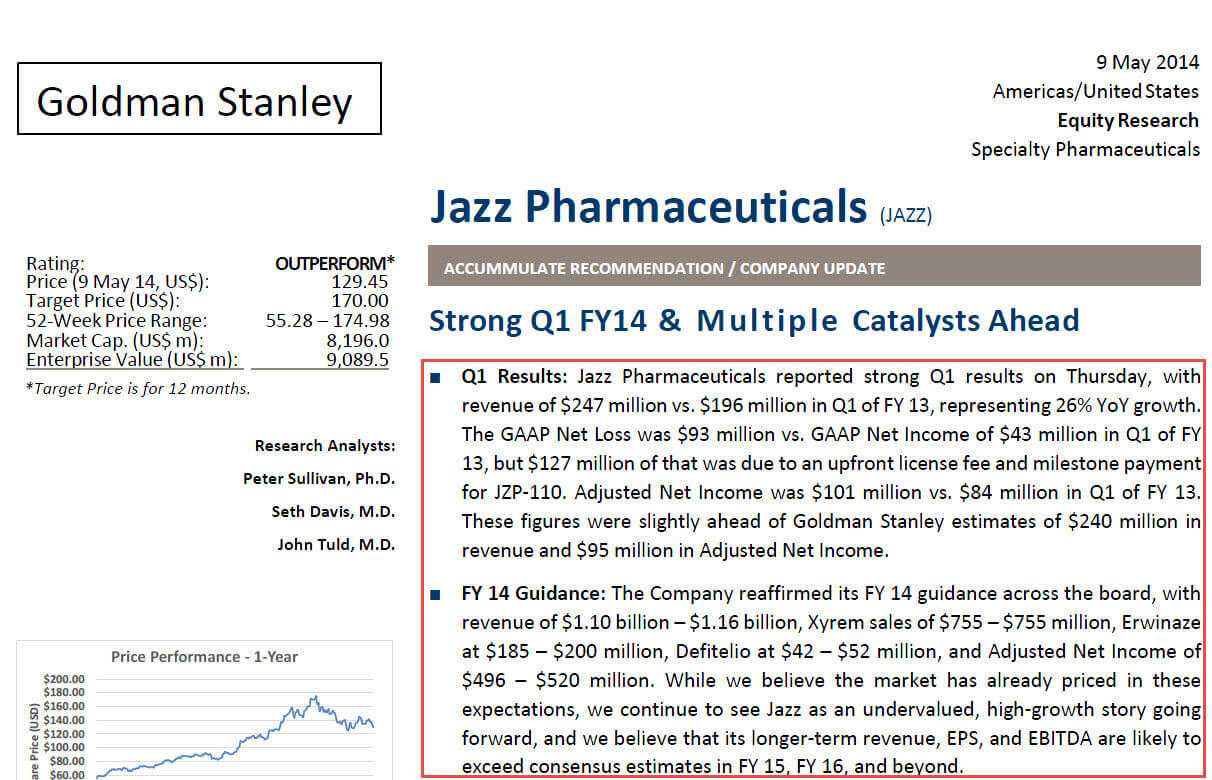Investing in the stock market can often feel like navigating a complicated maze, with multiple variables affecting the value of equity. For equity research report seasoned investors and newcomers alike, having the correct understanding can be the key to making informed decisions that lead to significant financial growth. One of the best ways to gain that insight is through equity analysis, a dedicated approach that explores the elements that influence a company's performance and equity valuation.

Equity analysis specialists bring a rich knowledge and expertise to the forefront, allowing investors to see beyond the surface-level numbers. By harnessing their expertise in analyzing balance sheets, grasping industry trends, and assessing market positions, these experts help traders uncover buried prospects and reduce risks. In this challenging financial environment, learning how to take benefit from equity analysis can significantly enhance your trading strategy and lead to long-term profitability.
Understanding Equity Evaluation
Share appraisal is a crucial aspect of investing, centering on analyzing a company's stock to evaluate its future results. This procedure involves reviewing various aspects, comprising financial statements, market trends, and economic factors. By breaking down a company's earnings, assets, and liabilities, investors can assess its overall health and make informed decisions about buying, holding, or selling its stock. Equity analysts employ both quantitative and descriptive methods to gain a comprehensive insight of a company's value.
One key factor of equity analysis is the contrast of a company's performance against its competitors and the market as a whole. This evaluation allows investors to recognize comparative strengths and weaknesses, aiding them spot bargain or overvalued stocks. Analysts also pay attention to important financial indicators such as earnings per share, price-to-earnings ratios, and return on investment. By combining this data, they can provide insights into a company's future growth and risk profile.
Moreover, equity analysis is not confined to numbers alone. Evaluators consider qualitative factors such as executive performance, market position, product innovation, and competitive advantages. These elements can significantly affect a company's performance and outlook. By blending both numerical data and qualitative insights, investors can make more strategic choices in their financial portfolios, ultimately boosting their chances of achieving sustained financial success.
Key Metrics for Investors
When diving into equity analysis, grasping key metrics is essential for making informed investment decisions. One of the most important measures is the price-to-earnings ratio, or P/E ratio. This ratio helps shareholders assess the relative value of a company's shares by comparing its current share price to its earnings per share. A elevated P/E ratio may suggest that investors are anticipating future growth, while a decreased ratio could indicate that the stock is undervalued or that the company is facing challenges.
Another vital metric is the return on equity, or ROE. This figure calculates a company's ability to generate profit from its shareholders' equity. A greater ROE indicates that the company is efficient in using the equity financing it acquires. Investors frequently seek companies with a consistent or growing ROE over time, as it can signal strong management effectiveness and potential for growth. Assessing ROE alongside industry averages can provide greater insights into a company's performance.
Finally, the debt-to-equity ratio is crucial for assessing a company's financial leverage and risk. This ratio compares a company's total liabilities to its shareholder equity, allowing investors to grasp how much debt a company is employing to finance its operations. A high debt-to-equity ratio may raise concerns about financial stability, while a lower ratio could indicate a more cautious approach to financing. Keeping an eye on these metrics not only aids in equity analysis but also helps investors manage their portfolios more effectively.
Creating a Tactical Investment Strategy
To efficiently navigate the intricacies of investing, establishing a strategic approach is essential. This starts with a comprehensive knowledge of equity analysis, which encompasses evaluating a firm’s financial statements, market position, and growth potential. By examining KPIs and industry trends, investors can spot which stocks are primed for growth. Engaging with equity analysis specialists can offer insights that may not be apparent through casual observation, which enhancing investment choices.
Incorporating analytics-driven strategies into your investment approach can significantly improve outcomes. By leveraging the expertise of financial analysts, investors can gain access to cutting-edge valuation techniques and risk assessment tools. These specialists can help decipher market signals and forecast future performance based on qualitative and quantitative analyses. Additionally, utilizing this information allows investors to restructure their portfolios effectively, modifying allocations to align with their financial goals and risk tolerance.
Finally, consistency is key in a strategic investment approach. Periodically reviewing and modifying your investment thesis in light of new data and analyst insights helps maintain relevance in a changing market. Establishing a structured framework for equity analysis ensures that feelings do not sway your strategy. By consistently applying insights from equity analysis specialists, investors can position themselves for long-term success and a strong investment journey.
